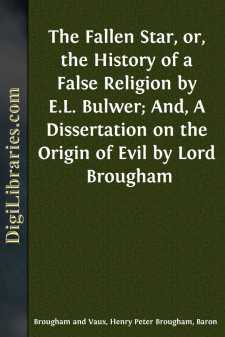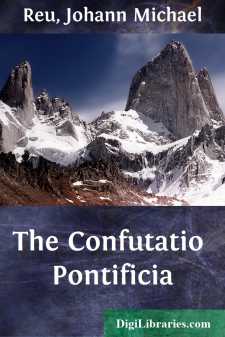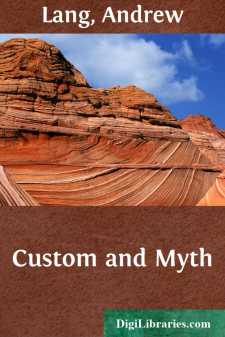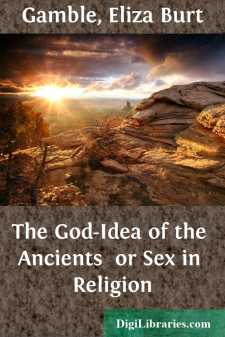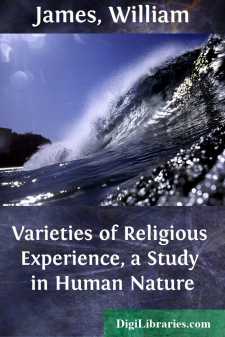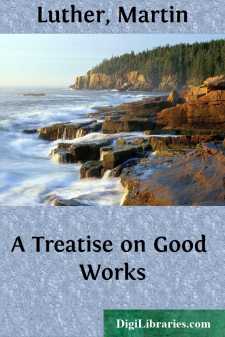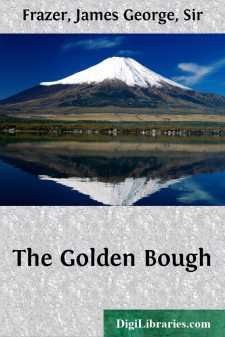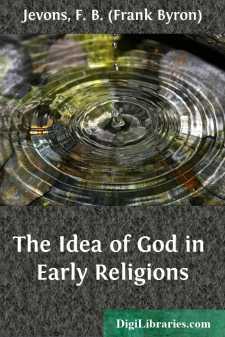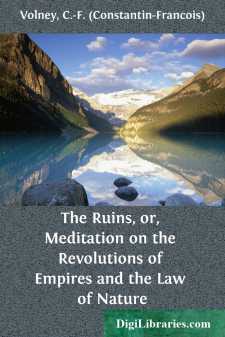Categories
- Antiques & Collectibles 13
- Architecture 36
- Art 48
- Bibles 22
- Biography & Autobiography 813
- Body, Mind & Spirit 142
- Business & Economics 28
- Children's Books 17
- Children's Fiction 14
- Computers 4
- Cooking 94
- Crafts & Hobbies 4
- Drama 346
- Education 46
- Family & Relationships 57
- Fiction 11829
- Games 19
- Gardening 17
- Health & Fitness 34
- History 1377
- House & Home 1
- Humor 147
- Juvenile Fiction 1873
- Juvenile Nonfiction 202
- Language Arts & Disciplines 88
- Law 16
- Literary Collections 686
- Literary Criticism 179
- Mathematics 13
- Medical 41
- Music 40
- Nature 179
- Non-Classifiable 1768
- Performing Arts 7
- Periodicals 1453
- Philosophy 64
- Photography 2
- Poetry 896
- Political Science 203
- Psychology 42
- Reference 154
- Religion 513
- Science 126
- Self-Help 84
- Social Science 81
- Sports & Recreation 34
- Study Aids 3
- Technology & Engineering 59
- Transportation 23
- Travel 463
- True Crime 29
Sort by:
RELIGION, says Noah Webster in his American Dictionary of the English Language, is derived from "Religo, to bind anew;" and, in this History of a False Religion, our author has shown how easily its votaries were insnared, deceived, and mentally bound in a labyrinth of falsehood and error, by a designing knave, who established a new religion and a new order of priesthood by imposing on their...
more...
Part I. To Article I. Especially when in the first article they confess the unity of the divine essence in three persons according to the decree of the Council of Nice, their Confession must be accepted, since it agrees in all respects with the rule of faith and the Roman Church. For the Council of Nice, convened under the Emperor Constantine the Great, has always been regarded inviolable, whereat...
more...
by:
Andrew Lang
INTRODUCTION. Though some of the essays in this volume have appeared in various serials, the majority of them were written expressly for their present purpose, and they are now arranged in a designed order. During some years of study of Greek, Indian, and savage mythologies, I have become more and more impressed with a sense of the inadequacy of the prevalent method of comparative mythology. That...
more...
CHAPTER I. SEX THE FOUNDATION OF THE GOD-IDEA. In the study of primitive religion, the analogy existing between the growth of the god-idea and the development of the human race, and especially of the two sex-principles, is everywhere clearly apparent. "Religion is to be found alone with its justification and explanation in the relations of the sexes. There and therein only."(3) 3) Hargrave...
more...
by:
William James
RELIGION AND NEUROLOGY It is with no small amount of trepidation that I take my place behind this desk, and face this learned audience. To us Americans, the experience of receiving instruction from the living voice, as well as from the books, of European scholars, is very familiar. At my own University of Harvard, not a winter passes without its harvest, large or small, of lectures from Scottish,...
more...
by:
Martin Luther
INTRODUCTION 1. The Occasion of the Work.—Luther did not impose himself as reformer upon the Church. In the course of a conscientious performance of the duties of his office, to which he had been regularly and divinely called, and without any urging on his part, he attained to this position by inward necessity. In 1515 he received his appointment as the standing substitute for the sickly city pastor,...
more...
THE PRIMARY aim of this book is to explain the remarkable rule which regulated the succession to the priesthood of Diana at Aricia. When I first set myself to solve the problem more than thirty years ago, I thought that the solution could be propounded very briefly, but I soon found that to render it probable or even intelligible it was necessary to discuss certain more general questions, some of which...
more...
Religion THE APOCRYPHA Apocrypha is a Greek word, signifying "secret" or "hidden," but in the sixteenth century it came to be applied to a list of books contained in the Septuagint, or Greek translation of the Old Testament, but not in the Palestinian, or Hebrew Canon. Hence, by theological or bibliographic purists, these books were not regarded as genuine Scripture. That view was...
more...
Every child that is born is born of a community and into a community, which existed before his birth and will continue to exist after his death. He learns to speak the language which the community spoke before he was born, and which the community will continue to speak after he has gone. In learning the language he acquires not only words but ideas; and the words and ideas he acquires, the thoughts he...
more...
PARIS TRANSLATION, First published in this Country by Dixon and Sickels.INVOCATION.Hail, solitary ruins! holy sepulchres, and silent walls! you I invoke; to you I address my prayer. While your aspect averts, with secret terror, the vulgar regard, it excites in my heart the charm of delicious sentiments—sublime contemplations. What useful lessons! what affecting and profound reflections you suggest to...
more...


